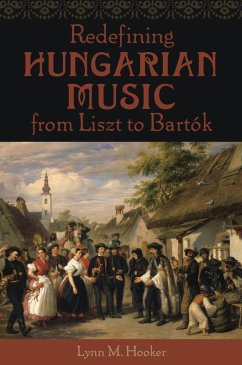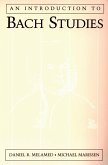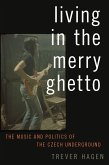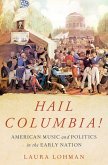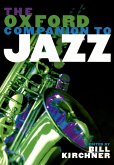Some of the most popular works of nineteenth-century music were labeled either "Hungarian" or "Gypsy" in style, including many of the best-known and least-respected of Liszt's compositions. In the early twentieth century, B?la Bart?k and his colleagues questioned not only the Hungarianness but also the good taste of that style. Bart?k argued that it should be discarded in favor of a national style based in the "genuine" folk music of the rural peasantry. Between the heyday of the nineteenth-century Hungarian-Gypsy style and its replacement by a new paradigm of "authentic" national style was a vigorous decades-long debate-one little known inside or outside Hungary-over what it meant to be Hungarian, European, and modern. Redefining Hungarian Music from Liszt to Bart?k traces the historical process that defined the conventions of Hungarian-Gypsy style. Author Lynn M. Hooker frames her study around the 1911 celebration of Liszt's centennial. In so doing, she analyzes Liszt's problematic role as a Hungarian-born composer and leader of Hungarian art music who spent most of his life outside of Hungary and questioned whether Hungary's national music was more the creation of Hungarians or Roma (Gypsies). The themes of race and nation that emerge in the discussion of Liszt are further developed in an analysis of discourse on Hungarian national music throughout the Hungarian press in the late nineteenth and early twentieth centuries. Showing how the "discovery" of "genuine" folk music by Bart?k and Kod?ly, often depicted as a purely "scientific" matter, responds directly to concerns raised by earlier writers about the "problem of Hungarian music," Hooker argues that the innovations of Bart?k and Kod?ly and their circle are not so much in correcting a flawed concept of the national as in using the idea of national authenticity to open up freedom for composers to explore more stylistic options, including the exploration of modernist musical language. Meticulously researched and elegantly written, Redefining Hungarian Music from Liszt to Bart?k is essential reading for musicologists, musicians, and concertgoers alike.
Dieser Download kann aus rechtlichen Gründen nur mit Rechnungsadresse in A, B, BG, CY, CZ, D, DK, EW, E, FIN, F, GR, HR, H, IRL, I, LT, L, LR, M, NL, PL, P, R, S, SLO, SK ausgeliefert werden.

